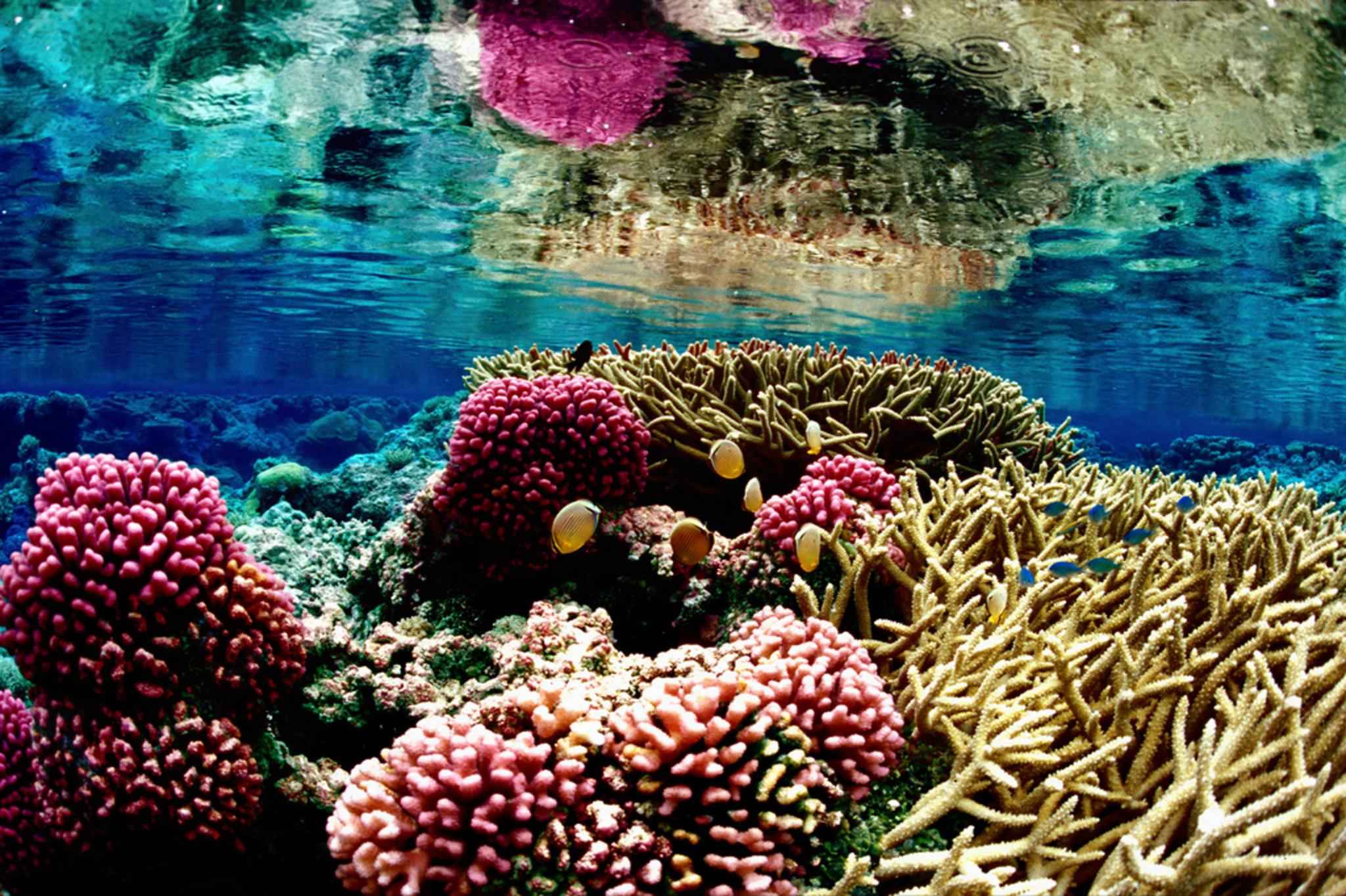
- Sustainable Planet -
- 3mins -
- 1,121 views
How seeing bleached coral come back from the dead offers hope for the future of coral reefs
Find out how marine biologist and optimistic conservationist Dr. Kristen Marhaver still has hope for the future of our coral reefs.
“Corals have always been playing the long game, and now so are we.” — Dr. Kristen Marhaver
As we are all too aware, corals in the Pacific Ocean have been dying off at an alarming rate, particularly from bleaching brought about by increased water temperatures. However, it’s not too late to act, according to TED Fellow Dr. Kristen Marhaver. She points to the Caribbean — given time, stable temperatures and strong protection, corals there have shown the ability to survive and even recover from trauma. Marhaver reminds us why we need to keep working to protect the precious corals we have left. "Corals have always been playing the long game," she says, "and now so are we."
Kristen Marhaver is a marine biologist studying the ecology, behavior and reproduction of coral
There are good reasons why you should listen to her and take heart. Dr. Marhaver’s work combines classic scientific methods in tandem with new technologies to help threatened coral species survive their early life stages. She was the first person to rear juveniles of the endangered Caribbean Pillar Coral, and is currently developing bacterial tools to improve coral survival at all life stages. This is a scientist who knows coral. If Kristen Marhaver says there is reason for optimism, there probably is. Read on…

Marhaver is confident that public awareness is growing and governments are starting to take notice
Dr. Kristen Marhaver works to not only protect coral reefs from extinction, but also, along with her team of researchers in Curacao, investigates the many ways in which these remarkable creatures can benefit us all. From acting as natural storm defenses to producing molecules that can be used for to create new antibiotics and cancer drugs, these diverse ecosystems have a lot more to offer than it may initially seem.
Despite being home to more than 25% of all known species of fish, almost a third of reef formations have already been lost.
Corals are sensitive to even the slightest shifts in water temperature and acidity, so climate change and pollution have had devastating effects on their populations. But Marhaver remains confident that public awareness is growing, and that governments are at last starting to take note of the incredible wealth of biodiversity on their doorsteps.
Last year Marhaver and her collegues were able to breed one of the rarest coral species, the pillar coral, in a lab for the first time. It hailed a major breakthrough in understanding corals and proved that there is hope for a future in which they can once again thrive. Click to learn more of Dr. Marhaver’s important work and research.
Source: 52-Insights

Coral reefs are important in the development of antibiotics
Not only antibiotics but all sorts of medically important molecules have been discovered on coral reefs, just like they have in rainforests. They’re such biodiverse systems, with millions of organisms all trying to survive, and so those organisms have invented molecules that don’t exist anywhere else on earth.
Some of the organisms on coral reefs produce anti-bacterial compounds to protect them from pathogens, others produce molecules that affect cell cycles and so could be important in cancer pharmaceuticals, and there are even molecules that people are using to develop face creams and lotions. So really it’s born from the biodiversity of the systems and the fact that a lot of those organisms can’t move so they have to invent chemicals to fight with.
There is a huge field of it now. They call it bio-prospecting, but the upside is that there is starting to be national treaties which give the origin country access to part of the profits of whatever molecules are discovered and developed. So therefore it’s less likely that a country where those organisms are living gets taken advantage of during the process of developing a new drug.
(Below: see Dr. Marhaver deliver a TED Talk in which she shares her enthusiasm, optimism and hope for coral)
Source: 52-Insights

